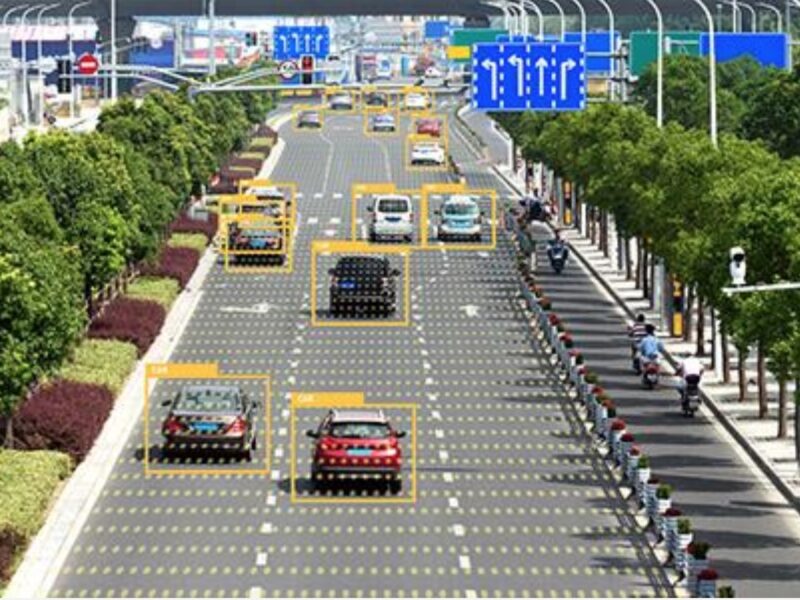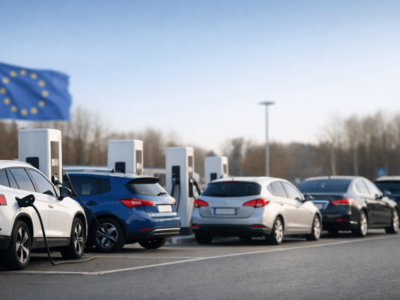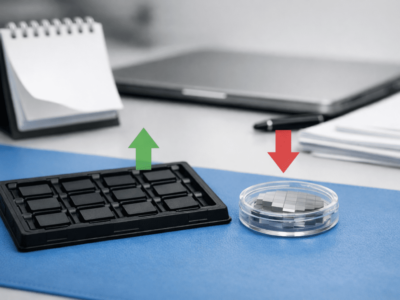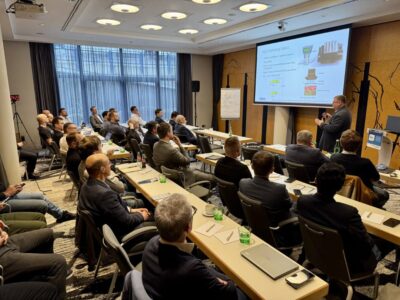
German law aims to be first for driverless cars
According to the draft law, the German government plans to pass a regulation for driverless cars as early as summer 2021. This would possibly set regulatory standards that could have a lasting impact on the future of autonomous driving, both EU-wide and globally.
Although the draft law has not yet been officially published, copies of it are available to those responsible in the automotive industry. The draft reached the public through the discussion at an event of “The Autonomous“, a high-level discussion platform of stakeholders from the automotive industry. Munich has been one of the first cities to allow testing of driverless cars on busy city streets.
“With a uniform set of regulations, automakers will gain legal certainty for next-generation autonomous vehicles,” explained Ricky Hudi, Chairman of The Autonomous and former chief developer of vehicle electronics at Audi. “Consumers can rely on a uniform safety standard and gain confidence in autonomous driving.”
Specifically, the draft regulation takes into account the functionality, test procedures and approval of autonomous driving functions, as well as cybersecurity.
In terms of content, the draft law provides for a two-stage approval procedure: The car manufacturer defines a set of spatial and technical conditions under which his vehicle can drive autonomously. If this is approved by the supervisory authority – in Germany it is the Kraftfahrtbundesamt (Federal Motor Transport Authority, KBA) – then in a second step he must prove that the necessary technical requirements (e.g. car-to-x communication) are available in the relevant area. Once these conditions are met, the carmaker can put the respective vehicles into circulation – in contrast to today’s situation when automated vehicles require a special permit.
During the automated phase of the journey, a “Technical Supervisor” in the form of a virtual instance in the cloud must monitor the safety of the journey. If necessary, it can intervene in the event of problems, although obviously not in real time.
In addition, a data storage device is provided in the vehicle, which continuously records all relevant parameters and is available for forensic purposes if necessary.
In its recent “Chapter Event”, The Autonomous focused on the topic of Safety & Regulation. The initiative brings together leading players in autonomous driving as well as government and regulatory representatives to create a common understanding of safety for autonomous mobility. Through cooperation within the global community, concrete reference solutions will be defined which will subsequently guarantee the safety of autonomous driving.
In June 2020, a regulation for automated lane keeping systems (ALKS) was adopted at the level of the UN Economic Commission for Europe (UN/ECE). Global regulations for fully autonomous driving from SAE Level 4 are not yet in force, explains Benedikt Wolfers, a lawyer involved in the matter.
More Information: https://www.the-autonomous.com/the-initiative/
Related articles on driverless cars:
- SELF-HEALING SOFTWARE FOR AUTONOMOUS CARS
- FIAT BACKS WAYMO AS EXCLUSIVE AUTONOMOUS TECH PARTNER
- UK TO START TRIAL OF AUTONOMOUS TRUCKS ON PUBLIC ROAD
 If you enjoyed this article, you will like the following ones: don't miss them by subscribing to :
eeNews on Google News
If you enjoyed this article, you will like the following ones: don't miss them by subscribing to :
eeNews on Google News





